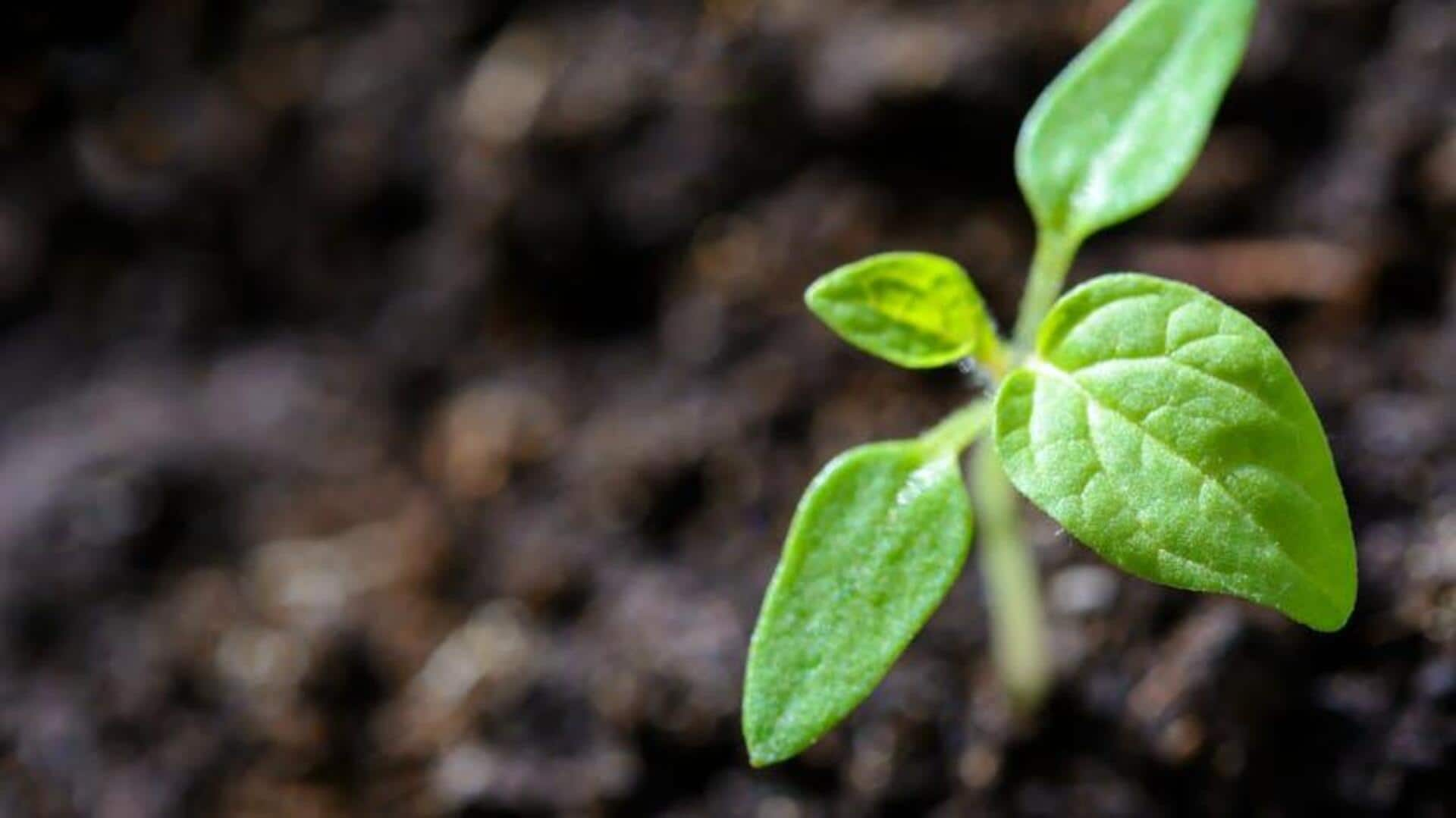
Spelt husk: A natural remedy for healthier plants
What's the story
Spelt husk, a byproduct of spelt grain, is gaining attention for its potential to enrich soil. This natural material can improve soil structure, retain moisture, and provide essential nutrients to plants. As more people look for sustainable ways to enhance their gardens, spelt husk offers an eco-friendly alternative to chemical fertilizers. Its use can lead to healthier plants and a more balanced ecosystem in your garden.
#1
Enhancing soil structure with spelt husk
Spelt husk is rich in organic matter, which helps improve soil structure by increasing aeration and drainage. When added to the soil, it helps break up compacted soils and promotes better root growth. This is especially beneficial for gardens with heavy clay soils or those prone to waterlogging. The improved structure also supports beneficial microorganisms that contribute to plant health.
#2
Moisture retention benefits of spelt husk
One of the key advantages of using spelt husk in your garden is its ability to retain moisture. The fibrous nature of the husk acts as a sponge, absorbing water and slowly releasing it back into the soil. This helps maintain consistent moisture levels around plant roots, reducing the need for frequent watering. It is particularly useful during dry spells or in arid climates where water conservation is crucial.
#3
Nutrient supply from spelt husk composting
Composting spelt husk enriches your garden soil with vital nutrients such as nitrogen, phosphorus, and potassium. These nutrients are released gradually as the husk decomposes, providing a steady supply to plants over time. By incorporating composted spelt husk into your garden beds or pots, you can enhance plant growth without resorting to synthetic fertilizers that may harm the environment.
Tip 1
Eco-friendly gardening with spelt husk mulch
Using spelt husk as mulch is an eco-friendly way to suppress weeds while enriching your garden beds. When spread over the soil surface, it forms a protective layer that prevents weed seeds from germinating, while allowing air and water penetration needed by plants below it. This natural mulch breaks down slowly over time, adding more organic matter back into your garden ecosystem without contributing waste like plastic mulches do.